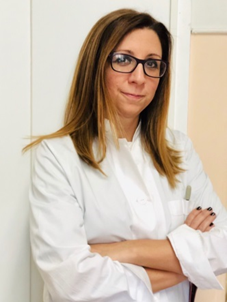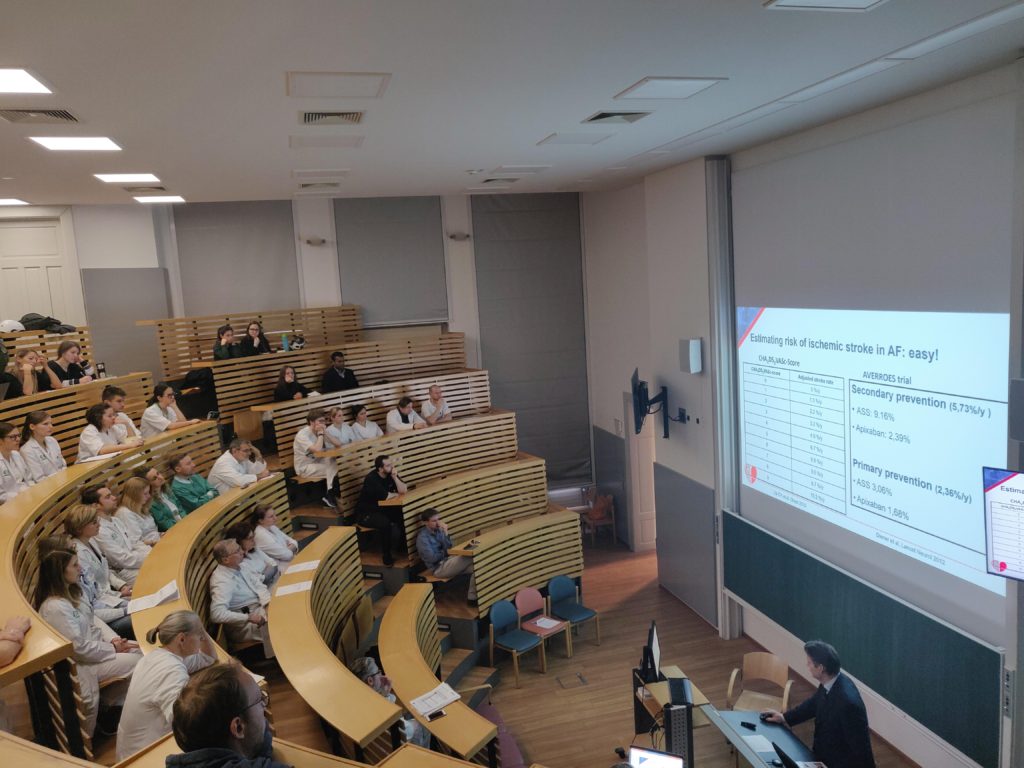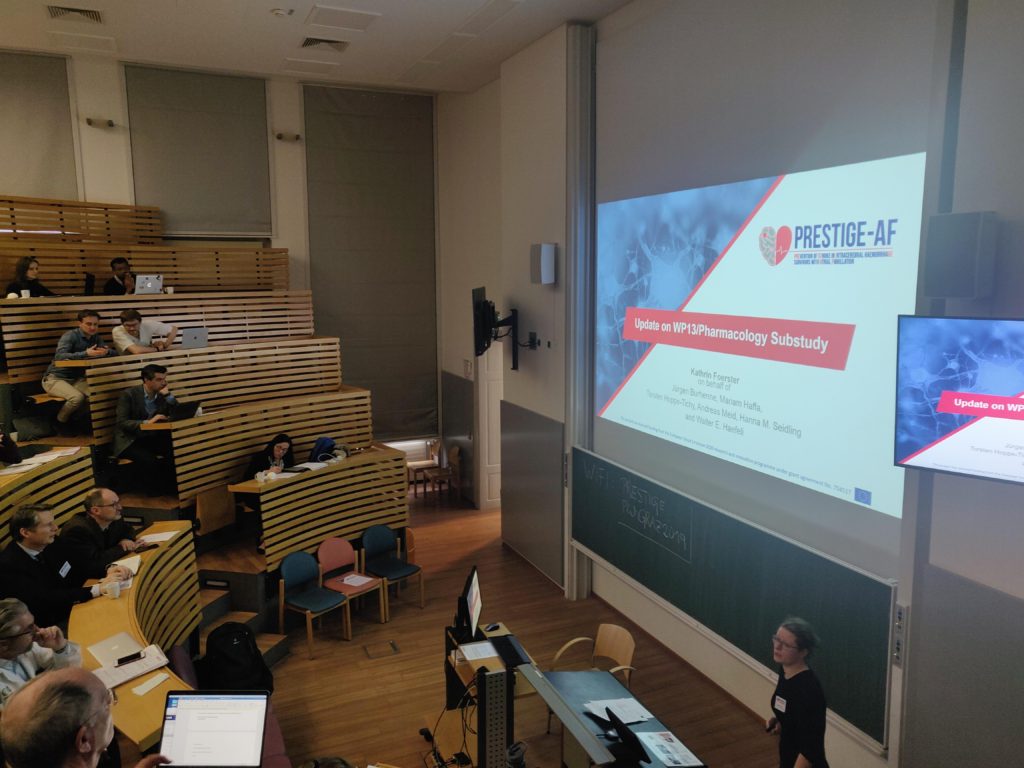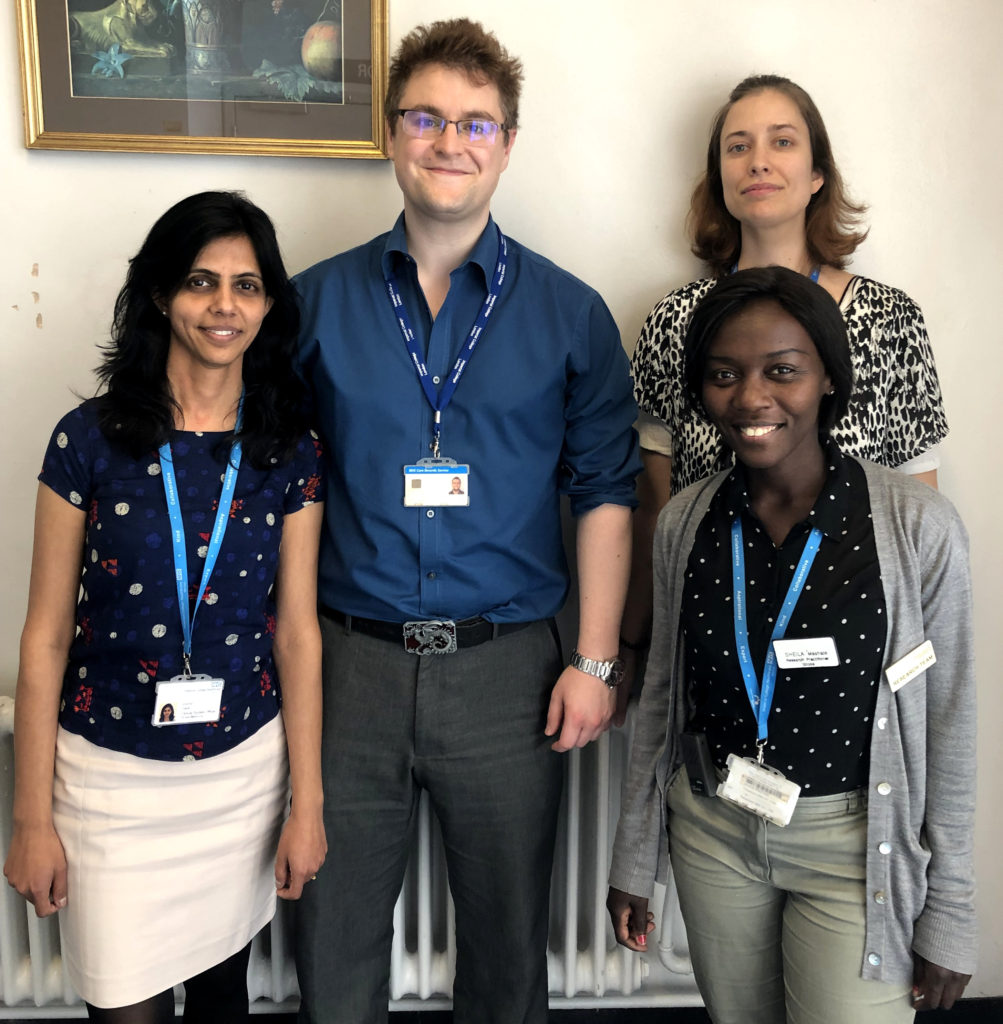It is often we hear about the research going on in the lab but rarely do we shine a spotlight on the researchers behind the work. Here in this series called ‘PRESTIGE-AF researchers in focus’ we will learn more about who is behind the groundbreaking research into ICH stroke survivors’ who have atrial fibrillation and their ongoing treatment.
In this iteration, we meet Elena Palà, PhD student and Olga Sánchez-Maroto Carrizo, project manager who are two researchers from PRESTIGE-AF partner institute, Vall d’Hebrón Institute of Research (VHIR) Neurovascular Research Laboratory.
Elena Palà – PhD student
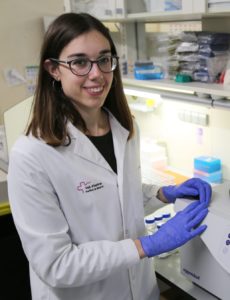
- If you were to explain to a person without any medical background, what is your research about?
Our research is focused on discovering biomarkers in the stroke field. Biomarkers are molecules that can be measured in the blood of patients and may help the physicians in the diagnostic and prognosis of a disease. For example, in the PRESTIGE-AF, we look for biomarkers that give us information about the risk of a patient to have a haemorrhage or an ischaemic stroke in the future.
- What drew you to this field?
I became a scientist as I like to think that what I am doing will help patients and I think that without science, medicine would not advance. I studied genetics and as I was more interested in translational research than basic research and I ended up doing my PhD on stroke biomarkers.
- What is your role in PRESTIGE-AF?
In the Neurovascular Research Laboratory, we are responsible for the central biobank of the study. At the moment, and before the clinical trial ends, a lot of work consists of preparing material to be sent to all the sites in Europe participating in the study. Also, we have been in charge of creating a harmonized protocol in order that all the sites process the blood in the same way, and we are in constant contact with the sites to solve doubts. Once the clinical trial ends we will receive the blood from all the included participants and we will perform several experiments analysing biomarkers in order to find the most interesting candidates.
- Has there been a turning point or defining moment in your career so far?
I imagine that one important moment will be the day I present my PhD.
- Briefly, what excites you about your work?
What I like most about working in science is learning new things every day. Also, I like being part of interesting projects like the PRESTIGE-AF, in which I found the opportunity to work with an international multidisciplinary team of experts.
- Tell me what you like to do when you aren’t working on research.
In my free time I like travelling. Also, I like reading, watching series and doing some sport.
- What are your professional goals in the next five, and ten years?
I would like to continue working in a position linked to research and science, learning every day and feeling useful in my job.
Olga Sánchez-Maroto Carrizo – Project Manager
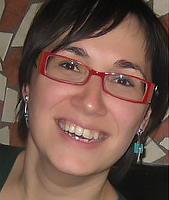
- If you were to explain to a person without any medical background, what is your research about?
My role is to help investigators and Sponsors to conduct clinical investigations, helping them in the design, logistics and management of trials.
- What drew you to this field?
I have a degree in Biology, but I am not a scientist as people usually think. I am part of the administrative team that each scientist needs for conducting investigations. Investigators focus on their experiments which tend to have them forgetting all the paperwork and logistics that all investigations have.
What is your role in PRESTIGE-AF?
My role is to oversee the clinical trial in Spain, helping the Sponsor and Investigators in the management of the investigation.
- What excites you about your work?
To try to improve the health and quality of life of patients.
- Tell me what you like to do when you aren’t working on research.
In my free time, you can find me cooking, reading or practising yoga.
- What are your professional goals in the next five, and ten years?
I hope, let’s cross the fingers, to stay as today, helping investigators to achieve their objectives for improving the health and quality of life of people.



